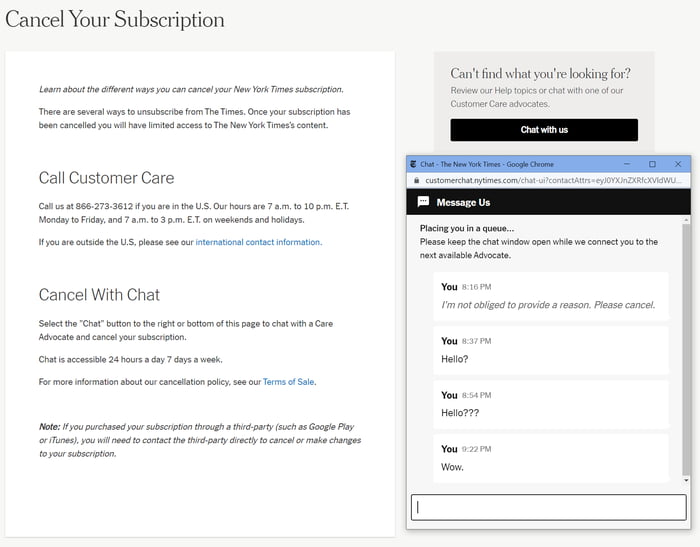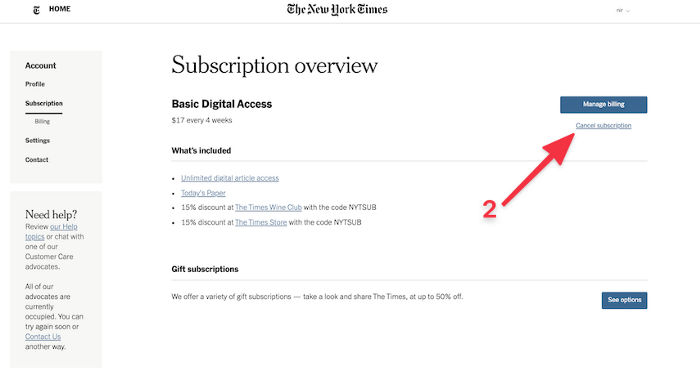

While local papers are shuttering, and jobs are disappearing at new media outlets, such as Vice and BuzzfeedNews, and legacy publications, such as The Atlantic, alike, the Times can provide its staff a sense of comparative stability. Nevertheless, it is somehow unthinkable and controversial to advocate for canceling one’s subscription to the Times-a paper with over five million subscribers as of February-and reallocating those funds to one of the many hundreds of smaller publications that are in far greater need of the support and spend much less institutional capital ginning up clickbait controversies.Īs one of the devastatingly few outlets that can be said to be doing well at a time of existential financial crisis for both print and digital media, the Times has a long shadow that hangs over anyone hoping for a prosperous career in journalism. We do not live in that world, at least not yet.

This line of thinking seemingly belongs to an alternate universe, one in which the entire country contains one newspaper, and the question of whether to subscribe to that paper is, effectively, a question of whether to support journalism itself. Highlights of this genre include an incident in which columnist Bret Stephens regurgitated racist pseudoscience, David Brooks’s baffling screed on the classist implications of Italian meats, Ross Douthat’s argument in favor of far-right French presidential candidate Marine Le Pen, and Thomas Friedman’s fawning profile of Saudi despot Mohammed bin Salman. Though many saw the fallout from Cotton’s piece as unprecedented, the debacle was only the latest and perhaps most extreme instance of a familiar cycle that’s been playing out every few months: An odious, reactionary op-ed in the Times leads to public outcry, institutional humiliation, and dismayed subscribers. Following the publication of an op-ed by Senator Tom Cotton that advocated for military crackdowns in cities across America amid a nationwide wave of anti–police brutality protests, dozens of Times staffers flouted their publication’s strict social media policy, tweeting variations on the message, “Running this puts Black staff in danger.” While then– Times editorial page editor James Bennet defended his choice to run the op-ed on the day of its publication, an editors’ note appended to the piece two days later admitted that “the essay fell short of our standards and should not have been published.” Even more extraordinary is that it came to light that Bennet, who resigned on Sunday, said in a staff meeting that he had not read the essay in question prior to its publication, despite having publicly defended its publication.

One can only describe what unfolded at The New York Times last week as an outright shitshow.


 0 kommentar(er)
0 kommentar(er)
